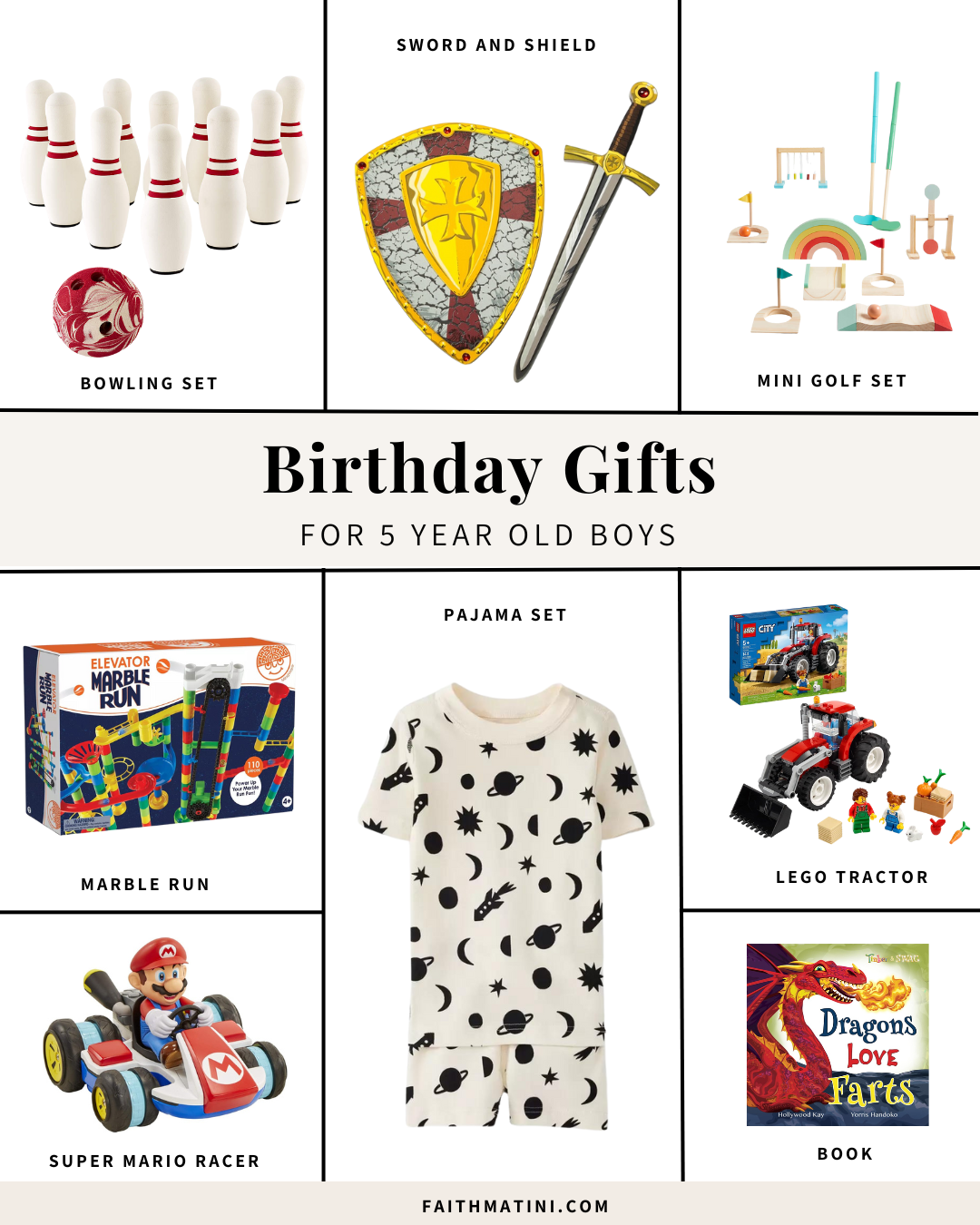As a parent of a toddler, you know firsthand how frustrating feeding toddlers can be. If you are not dealing with a distracted toddler, then you may find yourself throwing away food they said they wanted to eat but only took a few bites of.
Staring at the food you worked so hard to prepare while your toddler runs around the house carefree can be disheartening. Knowing your efforts won’t be appreciated makes cooking for your kids feel pointless.
As a single parent who cooks for myself and my kids, I know how hard it is to prepare a delicious meal only to have my child tell me “eww” because he saw asparagus on his plate and then proceed to push the plate away.
Please send prayers of patience and strength my way.
Meal after meal, despair gnaws at you so you resort to senseless tactics to get them to eat. You bribe them with dessert, threaten to take their toy away, turn the tv off only to turn it back on after the screaming starts, or force them to eat even when they say they’re full.
Despite these threats, you still struggle with the same issue day after day.
What if I told you that there are strategies you can employ when feeding your toddler? A way to get them to eat your meals and actually enjoy them? That you don’t have to threaten them or waste food because they won’t eat? That’s what I hope to share with you in this post:

Feeding Toddlers: Tips For A Stressfree Mealtime
1. Eat Meals Together
This one is pretty simple but makes a huge impact on your child. Eating meals together helps your toddler learn proper table manners. Since kids learn through imitating behavior, they are more likely to eat certain foods when they see how you enjoy those foods.
Also, eating dinners together allows you to converse with your children and really bond with them.
2. Limit Distraction During Meal Times
I struggle with this a lot because I usually like to pick a good movie or show before I start eating so it has been a bit difficult to break that habit especially when I’m eating with my kids.
However, I realize just how important it is to limit distractions during meal times. Kids tend to be easily distracted and they will focus more on watching tv than eating which leads to them not eating much. They may also become so dependent on the tv that they associate mealtime with watching a movie which can be disruptive at times.
So, if possible, keep the tv turned off while eating. You can opt for music– some jazz or soft piano music during dinner helps set the mood and removed any awkwardness in times of silence.
My kids always want to bring toys to the table and they’ll start playing with them while they eat so I always have to remind them that there is time for play and time for eating.
3. Allow Your Kids To Enjoy Their Meals
I know it can be so frustrating when your child starts playing with their food or they don’t eat as much as you think they should, but it’s important to let them enjoy the food as they would like.
Of course, I don’t condone kids throwing food around or acting inappropriately but I realize that my kids like playing with their food and that behavior is appropriate for their age level. I have come to the realization that if playing with their food makes them excited about eating it, then I’m okay with it.
Related: Healthy Store-bought Snack Ideas For Toddlers
4. Serve The Correct Portion Sizes

Many a time I served large portion sizes thinking that if they have more food on their plate, they’ll eat more, only to find myself throwing most of that food away because they didn’t eat it.
I have since learned that it’s better to serve smaller sizes and allow them the opportunity to ask for more when they need more.
This ensures that I am not wasting any food and that they are eating the amount they feel comfortable with without pressure from me.
Try your best to stick to recommended food servings to ensure your child is eating the right amount. Even if they don’t finish all their food, if you provide them with a variety of foods from each category, they’ll be sure to get enough of what they need.

5. Make Meals Appealing
Whether it’s using a cool spoon (like this one) or cutting up the food in fun shapes, making meals appealing goes a long way in encouraging your kids to eat.
I find that it also increases their curiosity about the foods they’re eating because they want to use the cool tools. So the next time you’re preparing their meal, think of ways you can make the food look more presentable and stimulating.

Related: School Lunch Essentials For Preschoolers
6. Change How You Talk About Food
Instead of telling your kids to eat certain foods because it’s good for them, try describing the benefits to them: “Eating bananas helps you grow strong bones, eat up so your bones can grow”.. sounds better than “eat it because I said so, and it’s good for you”.
Also, pay attention to the way to talk to your kids when they don’t eat the way you want them to. Using phrases like, “you never eat what I cook” or “why don’t you eat like your brother” (guilty as charged) can develop insecurities in your child.
To promote a healthy relationship with food, model the right behaviors to them and help them understand why it’s important to eat certain foods over others. Help them know that you want them to eat the right foods so they can experience the benefits.
Also, try not to sneak food into meals in an attempt to go behind your toddler’s back. Yes, I am a huge proponent of hiding veggies in smoothies and other meals but it’s important to help your child understand why they should eat that food. If they say they don’t want it, you can encourage them to try or respect their wishes and keep introducing the food until they’re used to it.
7. Invite Your Kids To Cook With You
Toddlers are so eager to help out around the home and they are more likely to eat the food you make when they are involved in the process. It gives them a sense of pride that they were involved in making the food they eat.
So the next time you are cooking dinner, ask your child to help you cut up the veggies (using age-appropriate utensils) or have them pour in some ingredients. No matter how small, having them involved will make a huge impact on them.
Also, you can have them set the table during meal times so they get excited about eating.
8. Include A Favorite Food
Including a familiar or favorite food in meals encourages your toddler to eat other foods. So if your child loves broccoli (lucky you!) then include it with other items they may not be fond of and help them try the other foods.
Also, include dessert as part of the meal and allow them to choose when to eat it. Serving dessert at the end of the meal makes it seem better than the actual meal leading kids to develop a preference for dessert over their meal. However, if you present it as part of the whole package, your child will enjoy all the foods equally.
9. Set Daily Meal Times

Not having a daily meal schedule can lead to your toddler snacking more than they should which results in them not wanting to eat actual meals. To avoid this, make sure you are feeding them 3 times a day with 2 snacks in between, and try to avoid snacks close to meal time.
As your toddler learns this schedule, they’ll be more likely to anticipate the actual meals which will lead to them eating more.
10. Your Child Knows When They’re Full
It can be hard to let your toddler stop eating when they say they’re done because you may think that they didn’t eat enough but you have to trust that your toddler knows their body.
Forcing your child to finish the food on their plate may make them think they always need to finish their food and ignore what their body tells them in order to please you. And this can lead to problems with overeating in the future.
So give them small portions and listen to them when they say they are full.
Read more posts like this:
Final Thoughts…
Even though feeding toddlers can be frustrating, employing the strategies listed above can help reduce stress around meal times.
Toddlers are independent and they love to be in control of some aspect of their lives –meal time being one of those areas– so as long as you are providing them the right servings of healthy delicious meals, you can be sure that they’re getting all the nutrients they need.
If you enjoyed this post, be sure to subscribe to the weekly newsletter so you don’t miss a thing, and click here to read more toddler-related posts.


10 Useful Strategies for Feeding Toddlers

Oct 8, 2022
More Posts You'll Love
30 Day Self-Care Challenge
free download!
It's time to prioritize you, mama! Dive into our 30-Day Self-Care Challenge, a tailor-made journey to fit your hectic life.
@ FAITH MATINI 2021 All Rights Reserved
TERMS + PRIVACY
Faith Matini is a participant in the Amazon Services LLC Associates Program, an affiliate advertising program designed to provide a means for sites to earn advertising fees by advertising and linking to Amazon.com.





